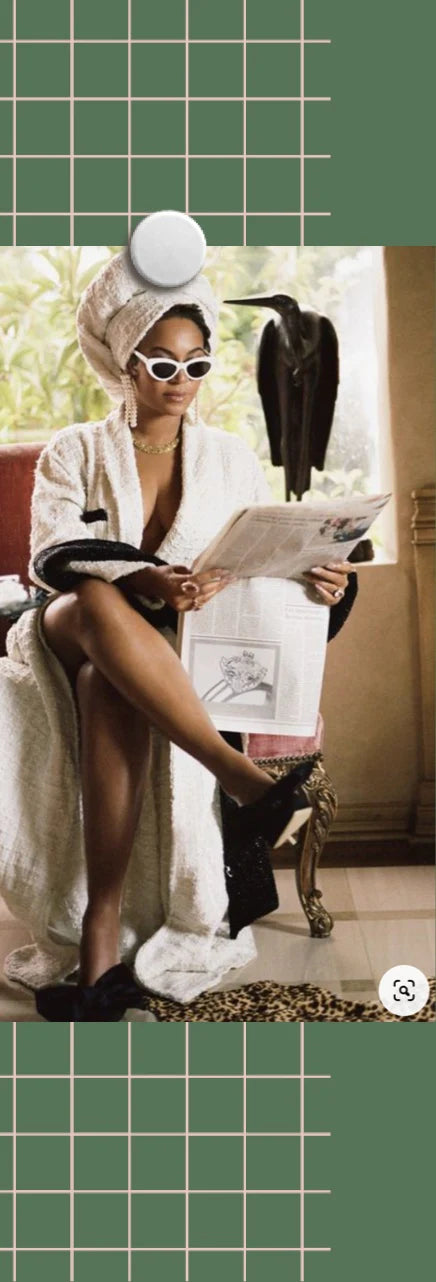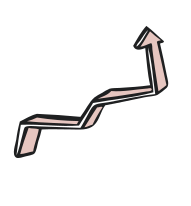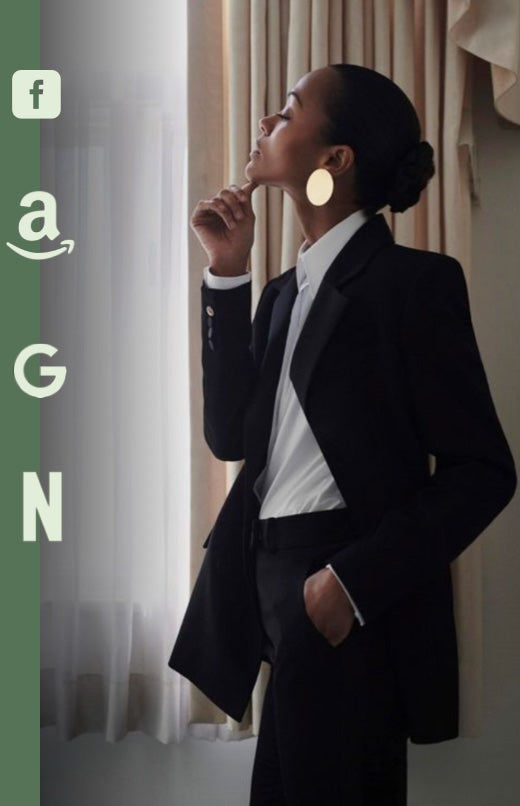







Laurel Makowem
WELLINGTON

What is your name? Where are you living?
Laurel Makowem. I live in Wellington, New Zealand
Describe the state of your finances in a few words
My finances are almost where I want them to be. If I had started investing earlier, I think they would be exactly where I want them to be.
What is your relationship with money like? Has it changed over the years?
My relationship with money is a work-in-progress. Up until about 10 years ago, I operated from a place of lack and scarcity with zero financial education, knowledge or confidence, and believed I was incapable of earning well and creating wealth for myself. Now I would say I am possibly 20% scarcity and 80% abundance. The old beliefs, mindsets and patterns are always trying to creep in and sabotage, but gratitude and knowledge is a great way to stop them.
Where do you think we are with overall gender equality? How could that be improved?
I will speak on this from a personal perspective using my family through the generations as an example.
The men in my family were the heads of their respective families, made all the major family decisions in isolation, and earned and controlled the money. My granny and my mom were given a set amount of money each month and had to answer to their husbands if they couldn’t come out on what they were given. Although both were highly intelligent women, neither had any sort of financial education.
My mom’s husband was a successful investor, but only shared his extensive knowledge and experience with the men in the family. If my mom asked any questions, she was shushed. She did however begin to understand that investing was important for financial security and independence, not only for herself but also for her daughters.
She received a small inheritance from her mother and asked her husband to invest it for her. Unfortunately, her long-term plan was not his plan, and the final outcome was not what she had intended.
As a little girl, I learnt from my environment and the adults within it, that men handled all things money. I also learned that because I was a girl I wasn’t capable of being good with money. This was my money story for many years. In my late forties as I was healing from many years of post traumatic stress, I realised that I was living my life based on somebody else’s money story and beliefs about money. I changed it, I wrote myself a new money story. I became financially educated, gained confidence, started a business, and became an investor in my mid forties.
This started a wave amongst the women in my family and most of us are now investors, talk about money amongst ourselves, and are raising our children to be investors. My child became an investor at age 8.
I think financial education, conversation and confidence is key for women to feel more comfortable claiming their space in this world of wealth building.
Studies show that little girls and boys are even taught about and talked with, differently about money. One just has to look at how money and investing has historically been portrayed in the media, mainly older boring looking men in suits.
Do you think it’s important for women to start having more conversations about money? If so, why?
Yes, the more we talk about money, the less taboo it will become, the more financially confident, educated and capable we will become.
Where did your passion to teach young girls to be better with money come from?
I was a financially uneducated women and mother, with no financial confidence. I know how it feels and I know how many opportunities slipped by me because of it. I want every young girl to be able to grow into a financially confident, empowered and independent young woman with choices and a life full of opportunities and abundance.
What is the biggest thing you have learned from working in this space? (common misconceptions or big knowledge gaps amongst young people in this space)
When girls realise just how powerful and pivotal they are in creating their own financial futures, everything changes for them. They feel more empowered, and start making financial choices based on fact and knowledge rather than emotion and somebody else’s money story. Although many more women of all ages are investing there is still this belief, often supported by the media, that investing is for others.
What does financial freedom mean or look like to you?
It’s not a number for me. It’s about being able to do what I want when I want, like; going on dance retreats all over the world to beautiful places, and paying for a friend to come with, financially supporting animal welfare in a big way, having my own chef, gardener and masseuse, and being able to give my child incredible opportunities.
What’s one money goal you have right now?
I am saving up to go to Fincon in the States next year and travel a bit on my own.
What are a few money tips you’ve learned and find hugely helpful?
Learning to say to myself and others (without guilt) “It’s not in my budget!” is a powerful saving and wealth building strategy. Automating my finances wherever I can is a game changer. I’m a bit disorganised so used to often just forget things, which end up costing money, especially over time. Dollar cost average investing into passively managed funds. Values-based budgeting and spending.
Have you invested in anything lately, that you’re excited about?
In terms of financial assets, no. In terms of lifestyle assets, yes. I am doing a hypnosis programme to help get even deeper into those subconscious patterns of scarcity and lack.
What do you like most about being part of the Curve community?
I just love being wherever financially empowered and confident women are, and there are lots of those in the Curve community. Some may not believe they are right now, but they will soon learn just how powerful they actually are. It’s a community that literally is changing the world.


